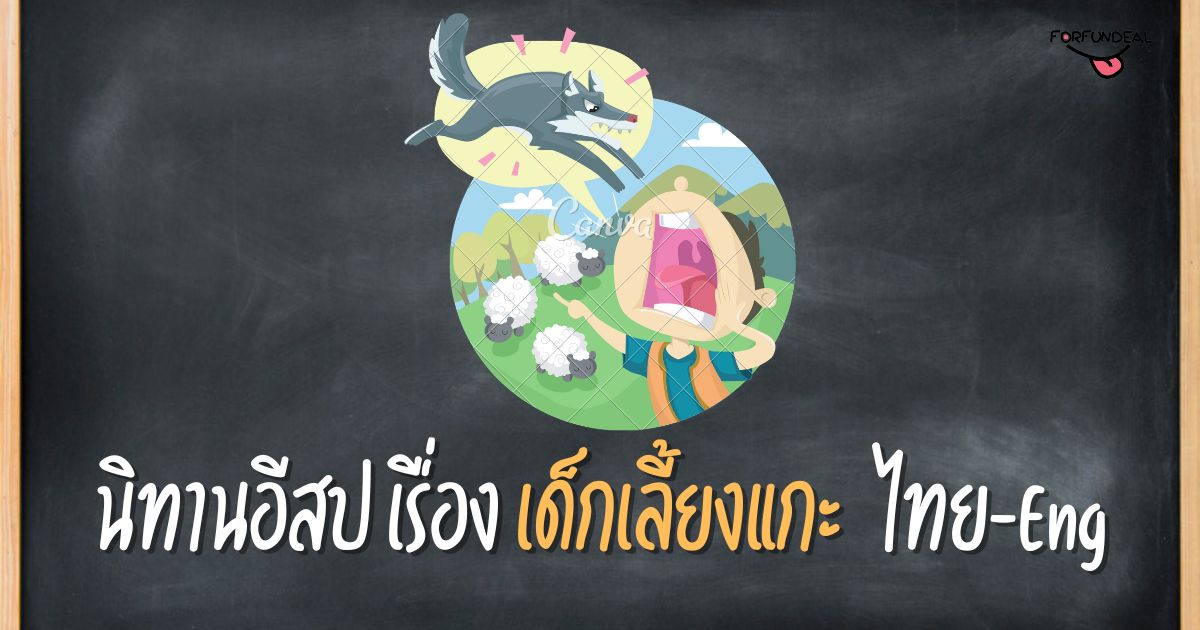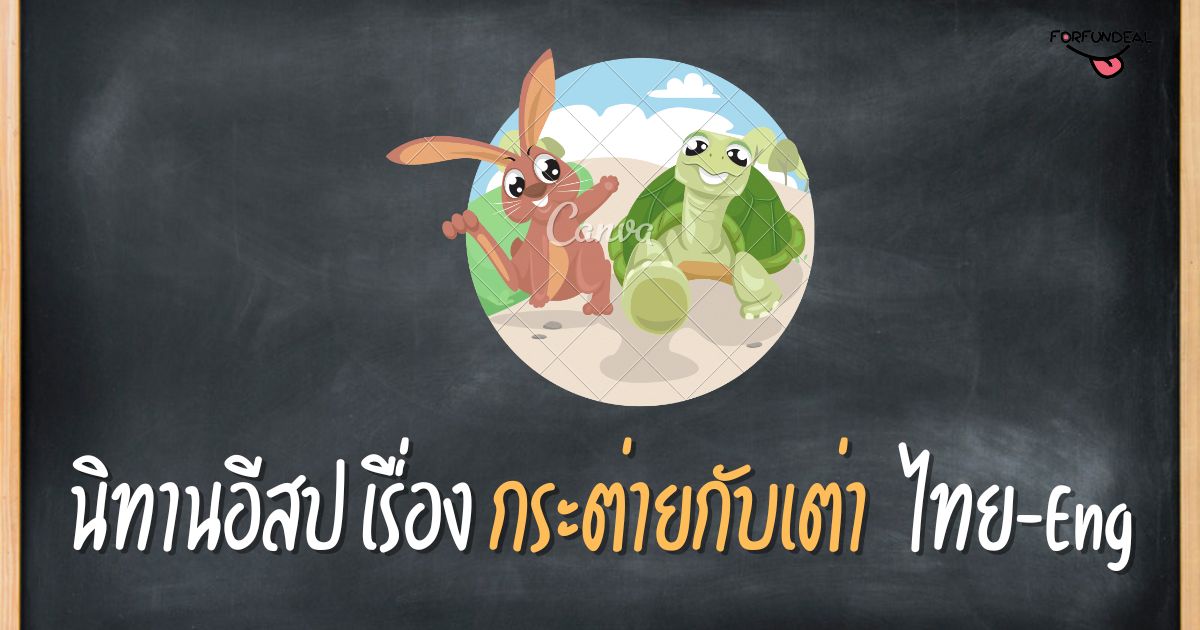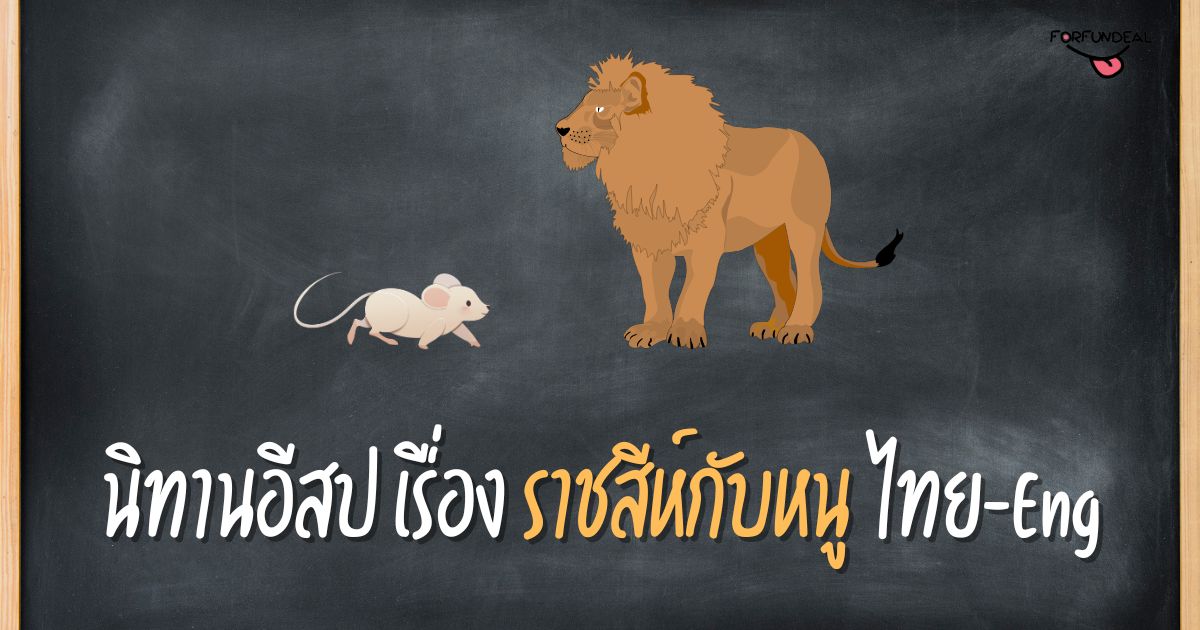“เด็กเลี้ยงแกะ” เป็นอีกหนึ่งนิทานอีสปที่สอนบทเรียนสำคัญของความซื่อสัตย์และผลของการโกหก
นิทานอีสปเรื่องเด็กเลี้ยงแกะ
กาลครั้งหนึ่งนานมาแล้ว เด็กชายคนหนึ่งรู้สึกเบื่อหน่ายขณะเฝ้าฝูงแกะ เขาจึงตัดสินใจเล่นอุบายหลอกชาวบ้าน เขาตะโกนออกมา “หมาป่า! หมาป่า!” แม้ว่าจะไม่มีหมาป่า ชาวบ้านรีบเข้าไปช่วย แต่เมื่อรู้ว่าเป็นสัญญาณหลอกก็ด่าว่าเด็กโกหกเสียเวลา
Once upon a time, a boy was bored while watching over a flock of sheep, so he decided to play a trick on the villagers. He yelled out, “Wolf! Wolf!” even though there was no wolf. The villagers rushed to help, but when they found out it was a false alarm, they scolded the boy for lying and wasting their time.
เด็กชายทำสิ่งเดิมอีกครั้ง ชาวบ้านรีบเข้าไปช่วยอีกครั้ง แต่กลับพบว่าไม่มีหมาป่าอีกแล้ว พวกเขาเตือนเด็กชายว่าถ้าเขาโกหกอีกครั้ง จะไม่มีใครมาช่วยเขาเมื่อเขาต้องการมันจริงๆ
The boy did the same thing again, and once again, the villagers rushed to help, only to find out that there was no wolf. They warned the boy that if he lied again, no one would come to help him when he really needed it.
ในที่สุดหมาป่าตัวจริงก็ปรากฏตัวขึ้นและเด็กชายก็ร้องขอความช่วยเหลือ แต่ก็ไม่มีใครมา การโกหกของเด็กชายทำให้สูญเสียความไว้วางใจและความน่าเชื่อถือ และผลที่ตามมาของการกระทำของเขาส่งผลให้แกะตายของเขาโดนหมาป่ากินจนหมด
Finally, a real wolf appeared and the boy cried out for help, but no one came. The boy’s lies had led to the loss of trust and credibility, and the consequences of his actions resulted in the loss of his sheep.

นิทานเรื่องนี้สอนให้รู้ว่า
“ความไม่ซื่อสัตย์อาจนำไปสู่การสูญเสียความไว้วางใจและความน่าเชื่อถือ”
นิทานเรื่องนี้สอนให้รู้ว่าความซื่อสัตย์และความน่าเชื่อถือเป็นสิ่งสำคัญในการสร้างความไว้วางใจกับผู้อื่น นอกจากนี้ยังแสดงให้เราเห็นถึงผลเสียของการโกหกและความสำคัญของการรับผิดชอบต่อการกระทำของเรา
- ความซื่อสัตย์และความน่าเชื่อถือเป็นสิ่งสำคัญในการสร้างความไว้วางใจและความสัมพันธ์กับผู้อื่น
- การโกหกอาจส่งผลเสียและอาจทำให้สูญเสียความไว้วางใจได้
- การรับผิดชอบต่อการกระทำของเราเป็นสิ่งสำคัญ และเราควรตระหนักถึงผลที่อาจเกิดขึ้นจากการเลือกของเรา
- สิ่งสำคัญคือต้องคิดถึงผลกระทบที่การกระทำของเราอาจมีต่อผู้อื่น
“Dishonesty can lead to loss of trust and credibility.”
The story teaches us that honesty and credibility are important in building trust with others. It also shows us the negative consequences of lying and the importance of taking responsibility for our actions.
- Honesty and credibility are important in building trust and relationships with others.
- Lying can have negative consequences and can lead to the loss of trust.
- Taking responsibility for our actions is important, and we should be aware of the potential consequences of our choices.
- It’s important to think about the impact our actions may have on others.
โดยสรุปแล้วนิทานเรื่องนี้เป็นเรื่องราวอมตะที่เตือนเราถึงความสำคัญของความซื่อสัตย์และการรับผิดชอบต่อการกระทำของเรา บทเรียนนี้สอนให้เราตระหนักถึงผลกระทบที่การเลือกของเราอาจมีต่อผู้อื่น และพยายามพูดความจริงและน่าเชื่อถืออยู่เสมอ







